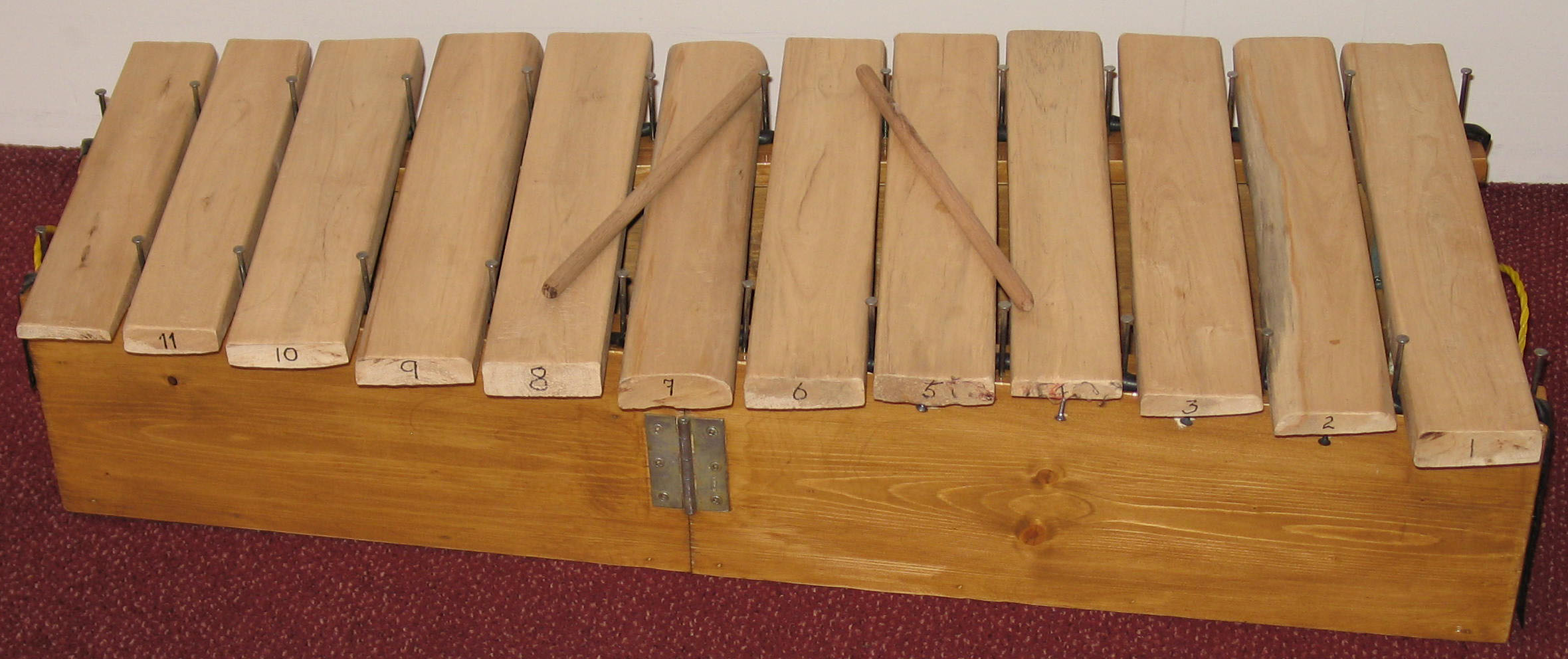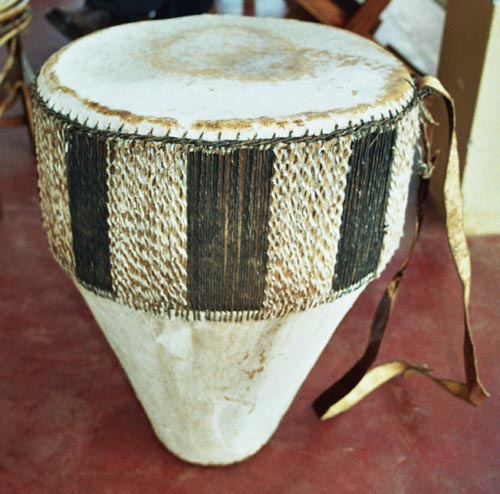Uganda is a land
locked country, in Eastern Africa, it is called the pearl of Africa because of
its amazing creatures and nature's it entails. The Music Industry in Uganda is
however still growing due to some
small issues it has failed to solve.
This blog is
therefore talking about the rampant piracy in the music industry of Uganda.
Artists who produce
their music, are exploited in a way that anyone can easily access the music any
time so as it's released from the studio, there are no possible measures of
controlling this because it has taken quite ages ever since Music began in the
country.
There's no way a
musician will benefit from what they have been toiling for when every one can
get their music for free.
Ugandan Music is
being affected by this problem, hoping to get possible ways of preventing this
remedy.
let's share!!
The Uganda Music Uganda Music Publishers Association Say that the growth and influence of local music over the years in Uganda's music industry is a fact that many Ugandans are proud of. Gone are the days when good music in Uganda was synonymous with mentioning Congolese or South African artists.
You ask any Ugandan music lover who their best music artist is and you will no longer hear Yvonne Chaka Chaka or Kanda Bongoman. It is Mesarch Ssemakula, Bebe Cool, Juliana Kanyomozi, Jose Chameleon, Halima Namakula, and Bobi Wine. It is a local artist.
In a country whose people traditionally enjoy associating with anything foreign, today, local music contributes to over 80% percent of the music played on radio, television and in discotheques. This is an achievement that has not come on a silver platter.
Uganda Music Publishers Association (UMPA) has been at center stage in ensuring that Ugandans shift from enjoying music from other countries to embracing locally produced songs, if the music industry in Uganda is to grow and encourage composers and artists to exploit all they have in their talent. UMPA is an association of music publishers who come together to fight for the health of music in Uganda. The association boasts of leading publishers buying music from artists to sell to the public. Lusyn, Kasiwukira, Dick productions, AK Studio, AKM studio, Power Music House, Tubro Music Sounds, Dynamic Studio Sound and Halleluyah comprise the membership of UMPA and the association has distributed music for the last five years.
Ibrahim Ssebagala, the Operations Manager of the association says that members of the association buy artists' work-songs and albums, and sell them to the public through existing agents across the country. Ssebagala says that the members of UMPA have helped artists by taking business risks on their behalf, producing and marketing the music throughout the country.
"Artists are safe because they receive their money at once. After paying artists for their music, the publishers start toiling with the selling of the music," intimates Ssebagala.
Ssebagala says that the biggest threat to publishing in Uganda is piracy. "There are music cutting centers in every corner of town," a disturbed Ssebagala says. A music CD is sold at a fee of 10, 000 UG shillings (US$5), or above, if the musicians, publishers and music agents are to keep in business. But in Kampala, many people get their music CDs from music recording joints at between 3,000 (US$1.5) to 8,000 UG shillings (US$4).
Many artists have long expressed concern that existing copyright laws are too weak to provide protection to licensed music sellers. "You find that music producers take aboutfive years to realize profits on investment into the music," Ssebagala says, alluding to the obvious disincentive to invest in music presented by a piracy blown situation.
However, Ssebagala hopes that after the Copyright and Neighboring Rights Bill 2004 has been passed into law, the situation will improve for the better. "I have participated in the construction of the bill and it is more serious than the laws we currently have," reveals Ssebagala as he hands me a photocopy of the bill.
Apart from illegal music recorders, radio stations have also posed a problem in the development of music in Uganda. While radio stations are responsible for the good task of taking the music to many Ugandans, Ssebagala says that radio stations are not supposed to play music without the presenter talking while a song is playing.
"The presenter's voice is to discourage listeners from pirating music from the stations," Ssebagala says.
But enforcing such a provision without encroaching on other people's (radio owners') ownership rights remains a big concern, if an enforcement mechanism is arrived at in the first place. This, together with weak enforcement especially in a technologically changing world is a challenge that continues to hover over the present and future music industry.
Ssebagala also cites politics as a big hindrance in the enforcement of copyright laws, even if better laws are put in place as per the proposed bill. "Some leaders have failed to support the copyright laws for fear of jeopardizing their political support," he says.
In the same check, UMPA however is quick to hail the government for creating a favorable environment, which has allowed music to grow from scratch to a vibrant industry. Ssebagala says that the security in the country has led to the coming up ofrecording studios, which have played a crucial part to lift music to greater heights.
The Association is also confident that government will soon put in place a better copyright law although the 7th Parliament will likely end its term in May 2006 before debating and passing the above Copyright bill that was first tabled in 2004.
But even if the law was put in place, UMPA is fully aware that legislation alone is not going to send the piracy masters to their beds or hiding places. Ssebagala says that the Association plans to start sensitizing the public through the media, targeting artists, publishers, buyers of music, and community leaders.
"Our campaign is intended to educate the music stakeholders about the dangers of piracy in all businesses and advocate for strong laws against piracy," he told Ultimate Media in an interview on January 12, 2006.
UMPA is hoping to win the public support because their appeal is genuine andbeneficial to all stakeholders in Uganda: That pirated music is of poor quality because it is mostly done by unqualified people and robs the government of taxes, which it would otherwise get from licensed publishers and provide social services to citizens.
"I have hope that with relevant copyright laws in place, piracy will reduce considerably. And with a united strategy and platform offered by the association, the Ugandan music industry can only grow from strength to strength," Ssebagala enthuses






